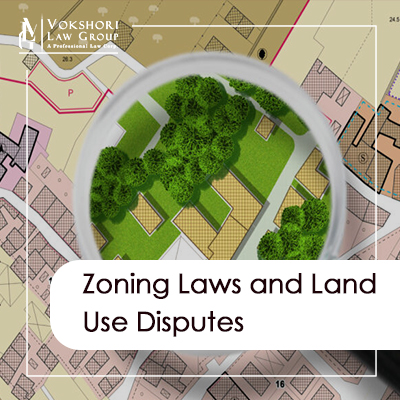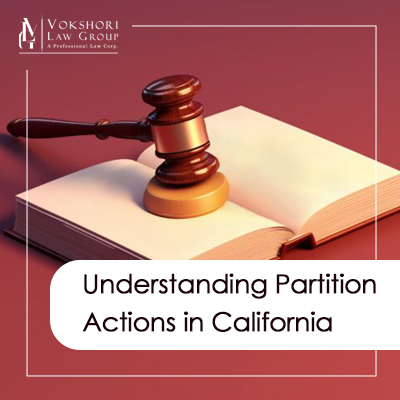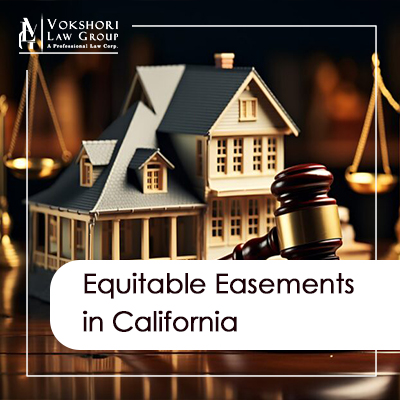
In Chan v. Tsang, the California Court of Appeal examined whether a buyer’s broker can recover a commission from a buyer who unjustifiably refuses to complete a real estate transaction. The court determined that the buyer was responsible for paying the broker $100,000, the commission that would have been earned from the seller if the buyer had fulfilled the purchase agreement.
Tsang (the Buyer) expressed interest to Chan (the Broker) in purchasing commercial property. The Broker introduced the Buyer to a property owned by Mountain View Center Associates (the Seller). The Seller accepted the Buyer’s offer of $4 million, with the Broker’s commission set at $100,000.
However, the Buyer later backed out of the deal without any valid reason. This led to lawsuits between the Seller, the …
Posted In:














